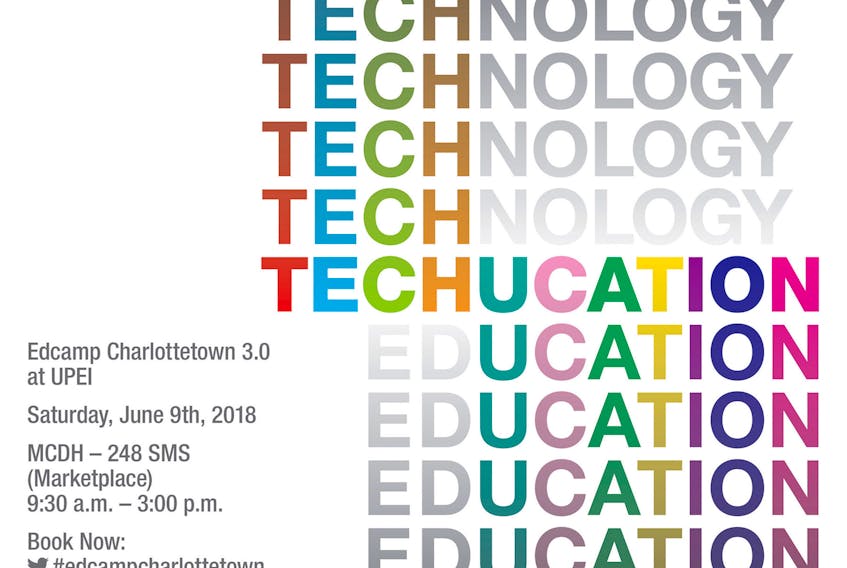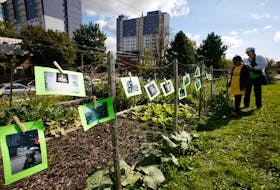FREDERIC FOVET
GUEST OPINION
Love it or hate it, technology has irreversibly taken a central place in the life of millennials. It is therefore unavoidable that its role in our classroom is growing in momentum and significance. By offering students open, wide and intuitive access to information, it has fundamentally changed the format of pedagogy and the roles of educators, as well as our conceptualization of ‘knowledge.’
No sector has been exempt from this transformation: The K-12 field has been as fundamentally shaken by this rapid transformation as higher education. Technology in our classrooms has also revolutionized access for learners with disabilities and facilitated inclusion.
First it was assistive technology that played this role, but quickly the boundaries between this assistive software and the built-in accessibility features of every tech have been eroded. It would be difficult these days to find a student (or a teacher) who does not routinely rely on accessibility features: voice to text, text to speech, spell check, large font, contrasted screen backgrounds, etc.
This does not mean that the transition has been seamless for the education sector, or that it is now complete and always successful. Generational tension remains high between teachers trying to catch up and digital natives who get frustrated with the slow pace of change. Supporting teachers through technological integration remains one of the great hurdles of school leadership.
And yet the future is irreversibly knocking at the door, and bring your own device (BYOD) schools are no longer just the stuff of science fiction; nor is artificial reality and its immediate practical use in the 21st century classroom. Of course, behind these processes of rapid change remain fundamental questions.
What is student centred pedagogy? How do we effectively put students in charge of their learning? How do we apply the principles of experiential learning and bring the world into the classroom to make learning more immediately relevant? Technology perhaps simply highlights and brings to the forefront preoccupations we have been battling for a century.
There could be no better forum than an Edcamp to explore this myriad of perspectives and these multidimensional issues than through community dialogue and genuine exchanges among the various and diverse stakeholders in this equation. Ecamps define themselves as ‘un-conferences’ and function within a now well established worldwide model that includes: (i) a flexible free flowing agenda that gets chosen by the participants themselves on the day, (ii) the absence of formal speakers, (ii) a no-fee registration policy, and a democratic expectation that all participants join in the conversation equitably.
Edcamps encourage people to “choose with their feet” and freely circulate between discussions circles until they find the forums that genuinely engage them. The events are community based and seek to break down silos and bring together educators, teachers, community and all key stakeholders in reform.
Saturday June 9, the third Edcamp Charlottetown will take place at UPEI and focus on technology and education. Registration is free through Eventbrite.
- Frederic Fovet (PhD) Assistant Professor (Fixed Term) Faculty of Education, University of Prince Edward Island









